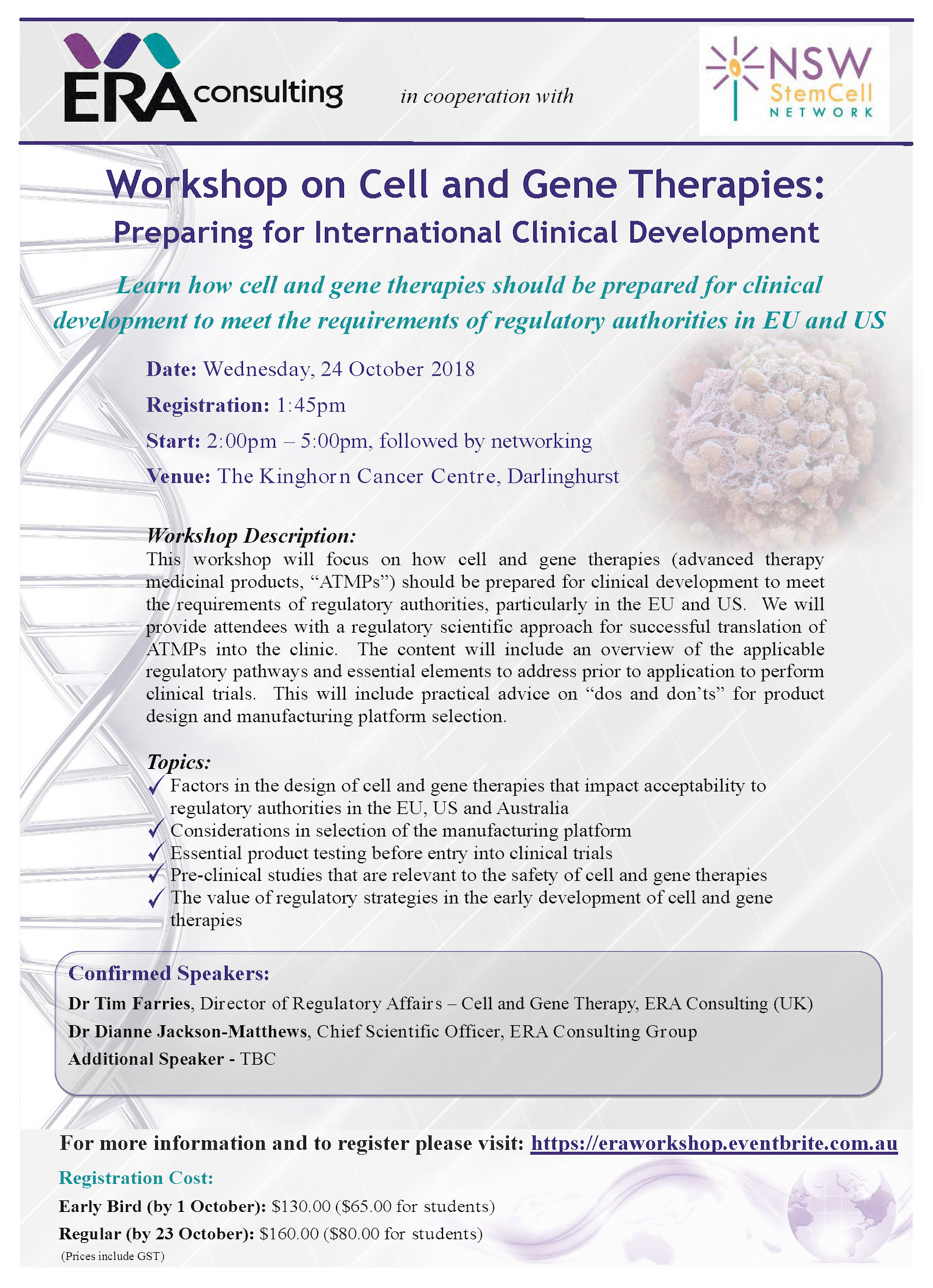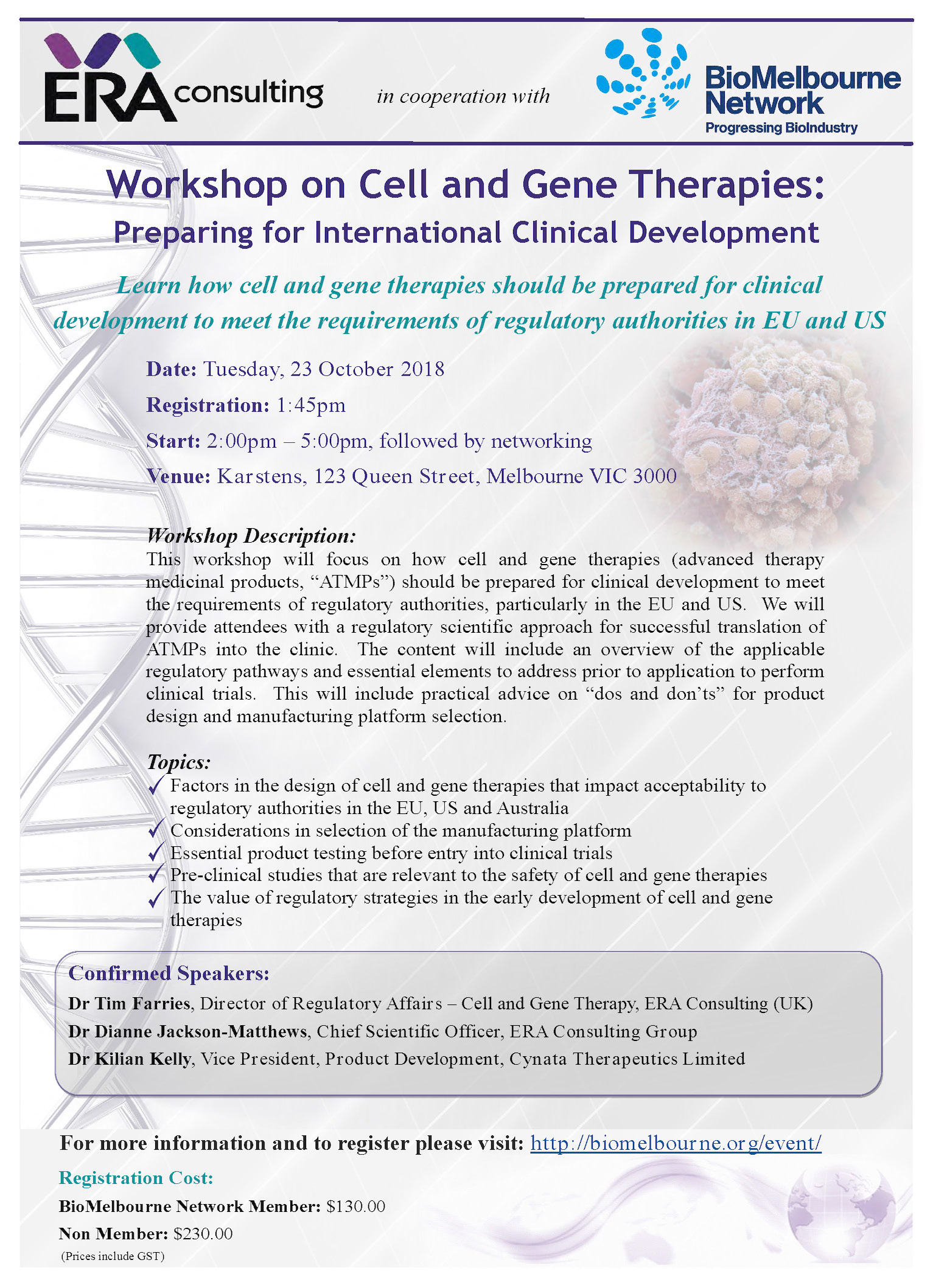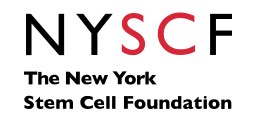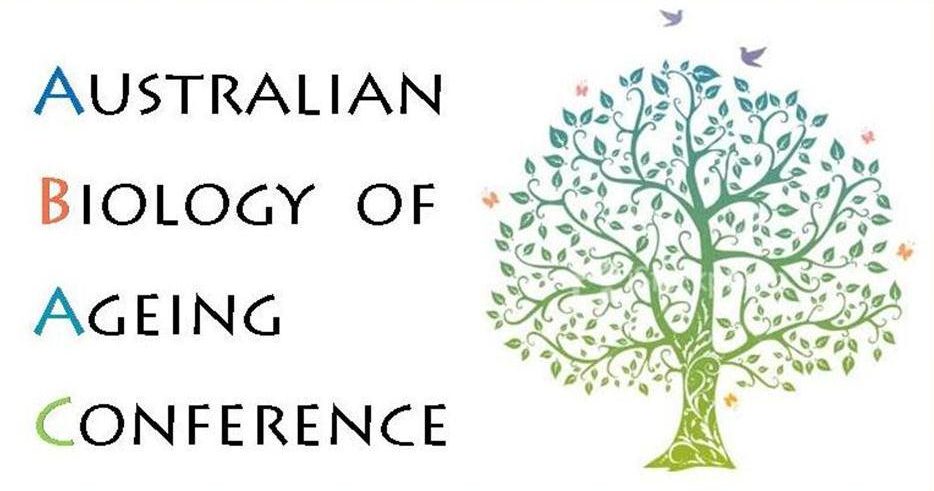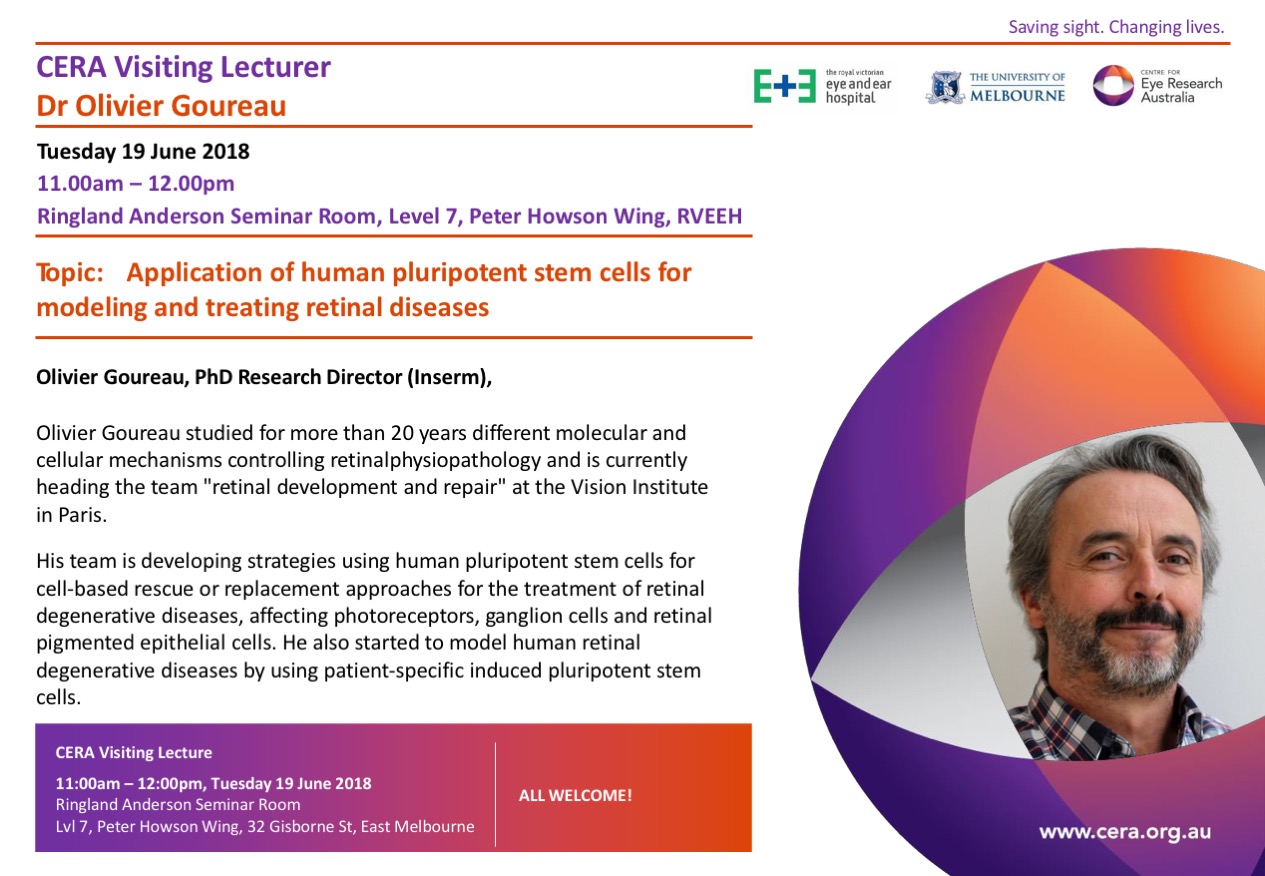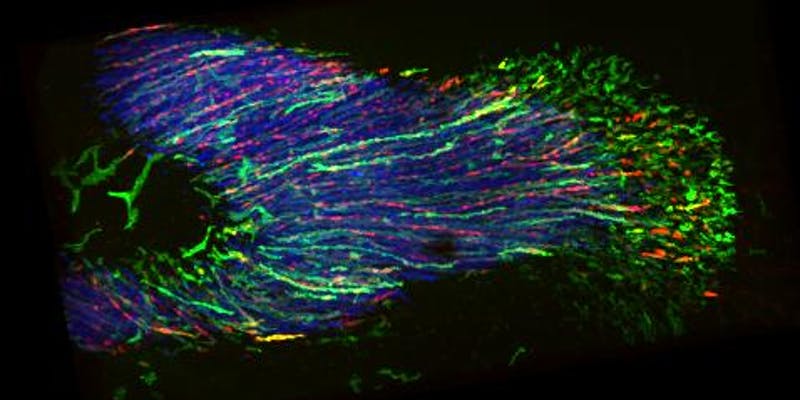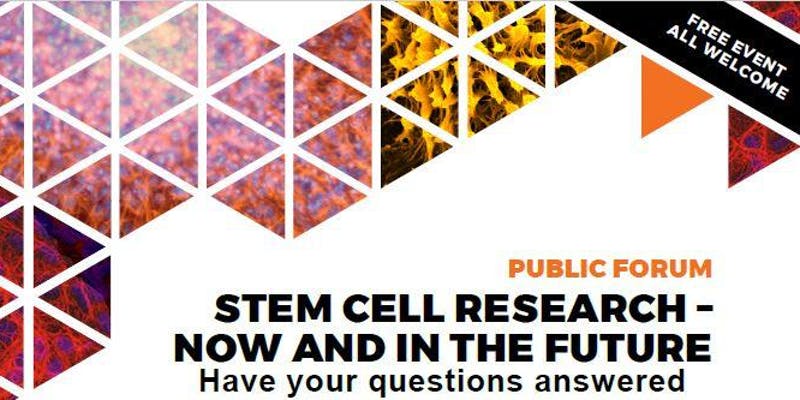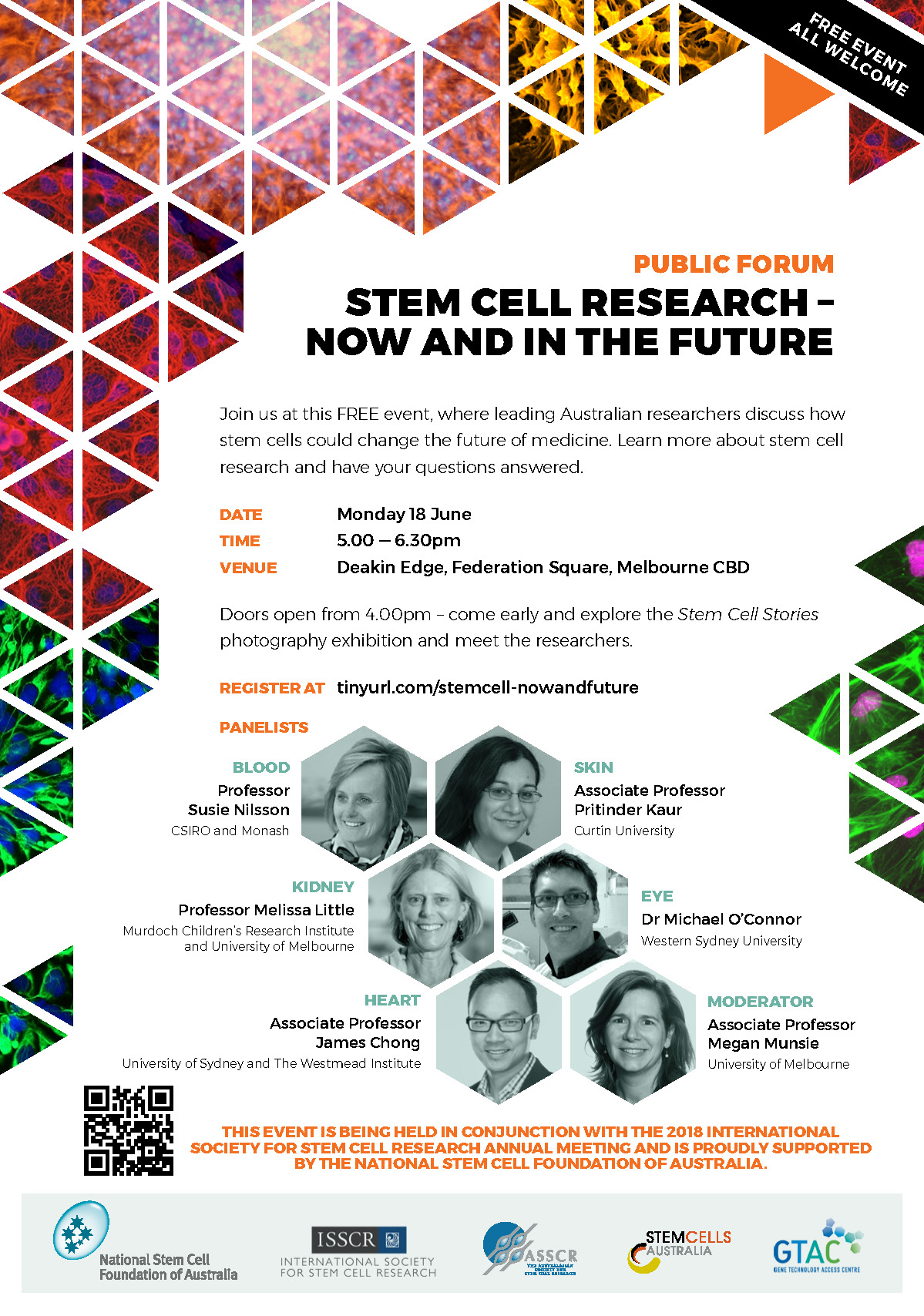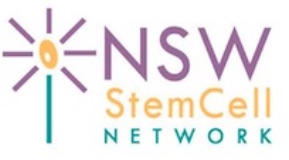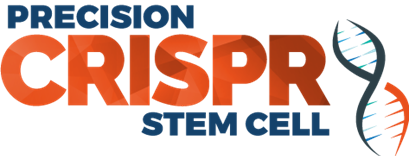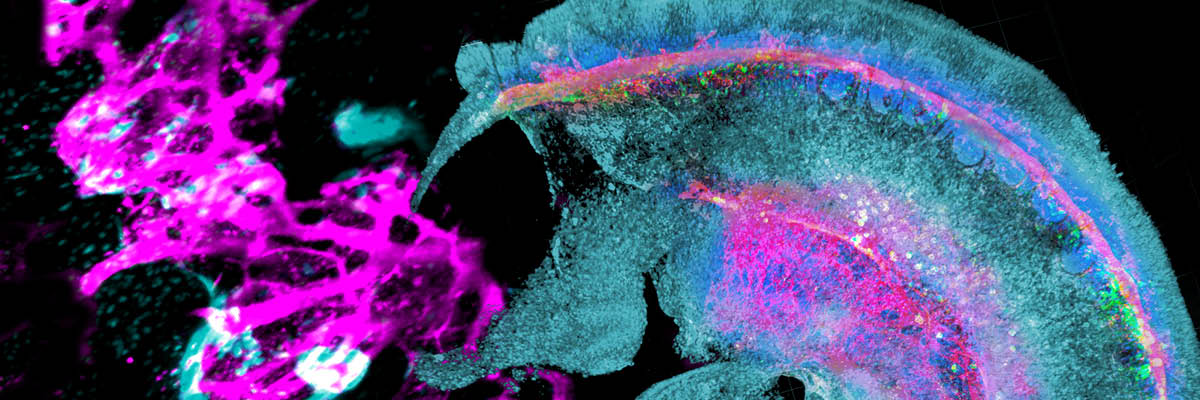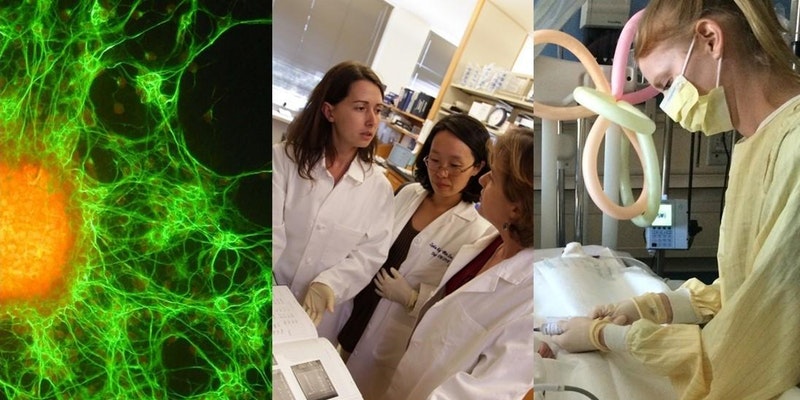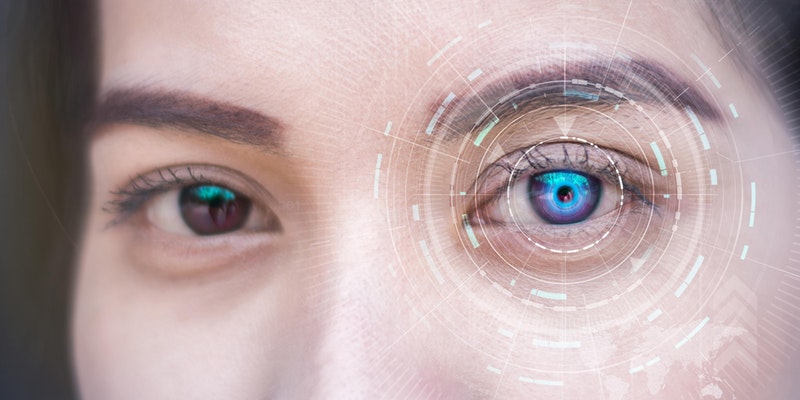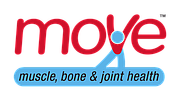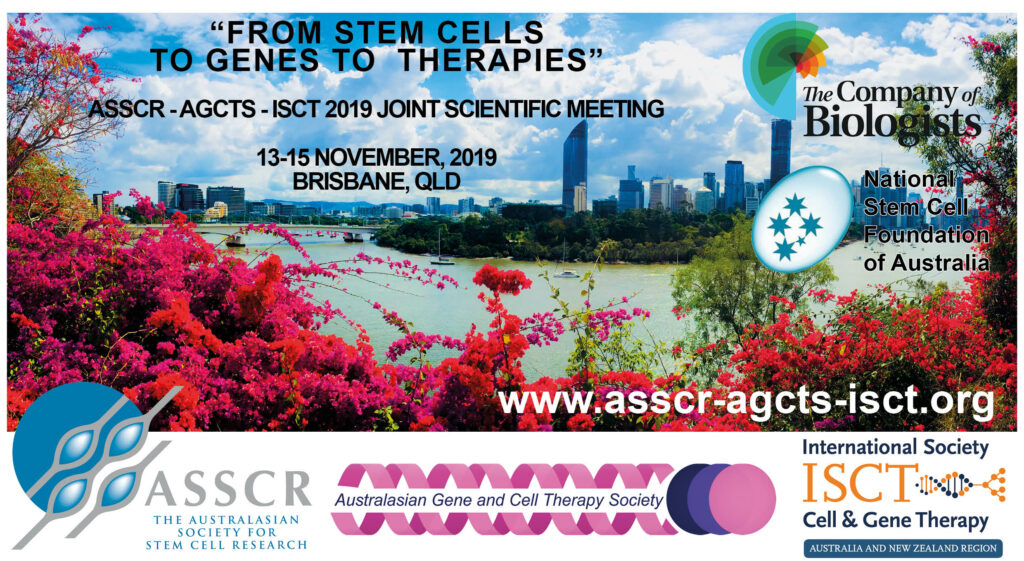
This Conference will highlight how stem cells and gene therapies can be used to understand development, create disease models and develop new treatments. These areas dovetail with new advances in cellular therapies and regenerative medicine, and how these technologies are moving into the clinic. Complementing the idea of cell replacement, the conference will address advances in gene therapies, spanning work from vector development to clinical trials.
We look forward to welcoming you to Brisbane.

 The ability to generate mini-organs with higher-order function has tremendous potential for disease modeling, drug discovery, and regenerative medicine applications. To build these higher-order structures, researchers are pursuing many strategies, particularly those involving organoids, which harness developmental principles and self-guided assembly, as well as chimeric organ engineering. These efforts have resulted in the development of more physiologically relevant models, including pathological models of disease and cancer, further advancing therapeutic development and personalized medicine. Despite this promising progress, both of these strategies have inherent limitations, which burgeoning bioengineering advances, such as genome engineering, microfluidics, and biomaterials, among many others, are now just beginning to address.
The ability to generate mini-organs with higher-order function has tremendous potential for disease modeling, drug discovery, and regenerative medicine applications. To build these higher-order structures, researchers are pursuing many strategies, particularly those involving organoids, which harness developmental principles and self-guided assembly, as well as chimeric organ engineering. These efforts have resulted in the development of more physiologically relevant models, including pathological models of disease and cancer, further advancing therapeutic development and personalized medicine. Despite this promising progress, both of these strategies have inherent limitations, which burgeoning bioengineering advances, such as genome engineering, microfluidics, and biomaterials, among many others, are now just beginning to address.
The goal of this Cell Symposium is to bring scientists studying organoids and organ engineering together with bioengineers to discuss the exciting opportunities and challenges for engineering complexity in higher-order organ-like systems and to foster collaborations and synergize efforts toward generating cellular platforms that can address a myriad of unmet needs.
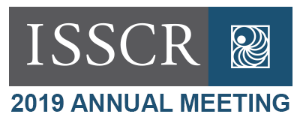
-
DEC 05 2018
Abstract Submission and Early Registration Open
-
FEB 06 2019
Deadline for Abstract Submissions
-
MAR 13 2019
Early Registration Rate Ends Today
-
MAY 08 2019
Advance Registration Rate Ends Today

 Stem cells are crucial for organ maintenance throughout life but can also serve as cells of origin for tumor formation. In addition, tumors arising from both stem cell and non-stem cell origins can hijack molecular pathways of stem cell self-renewal, genomic maintenance and metabolic control to enable their deregulated growth. Thus, knowledge of the molecular mechanisms that ensure stem cell function and regulate organ development and regenerative activity under normal conditions directly informs understanding of tumor initiating and propagating signals. Conversely, knowledge of the mutations and environmental signals that can trigger and maintain tumor cell renewal can suggest novel avenues to boost stem cell function and facilitate organogenesis and repair.
Stem cells are crucial for organ maintenance throughout life but can also serve as cells of origin for tumor formation. In addition, tumors arising from both stem cell and non-stem cell origins can hijack molecular pathways of stem cell self-renewal, genomic maintenance and metabolic control to enable their deregulated growth. Thus, knowledge of the molecular mechanisms that ensure stem cell function and regulate organ development and regenerative activity under normal conditions directly informs understanding of tumor initiating and propagating signals. Conversely, knowledge of the mutations and environmental signals that can trigger and maintain tumor cell renewal can suggest novel avenues to boost stem cell function and facilitate organogenesis and repair.
The 2019 Gordon Research Conference on Stem Cells and Cancer will bring together a diverse, interdisciplinary group of researchers with interests in organogenesis, tumorigenesis, stem cell function and therapy to catalyze collaboration and cross-fertilize ideas. The meeting will focus particularly on developmental, metabolic, genomic and epigenomic mechanisms regulating the function of cancer cells and stem cells. We will explore exciting new opportunities and insights available from genome-wide genetic and epigenetic studies, now with single cell resolution, from high resolution assessment of mitochondrial bioenergetics and metabolic flux, and from the increased experimental accessibility of stem cell differentiation and tumorigenic processes made possible by induced pluripotency, direct reprogramming and ex vivo “organoid” cultures. Finally, we will discuss new and emerging clinical applications, rooted in concepts derived from the interface of cancer and stem cell biology, providing a window into future cutting-edge therapies for cancer and degenerative disease.
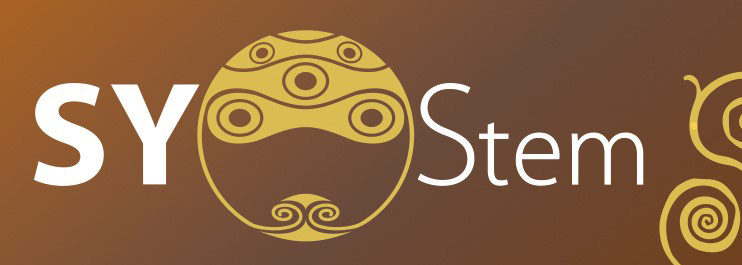
SY-Stem – a symposium focusing on the next generation of stem cell researchers – is an annual meeting, located in the beautiful city of Vienna. It is organized jointly by the Research Institute of Molecular Pathology (IMP) and Institute of Molecular Biotechnology (IMBA).
In this two-and-a-half-day event, recognized keynote speakers, as well as aspiring young group leaders will discuss the latest advances in stem cell biology in an informal and collaborative setting. Our goal is to strengthen a cooperative and dynamic spirit in this research area.

Research using organoids is rapidly advancing the field of stem cell science. Join your global colleagues in Amsterdam for Stem Cells & Organoids in Development & Disease, a three-day program of in-depth scientific presentations and discussions exploring this groundbreaking technique and its implications for the future of healthcare.
One of the ISSCR’s International Symposia, this meeting is designed to delve into a focused area of research and explore related scientific, technical, and policy issues. Symposia take place in regions throughout the world, each offering the latest topical developments in an area of stem cell science.
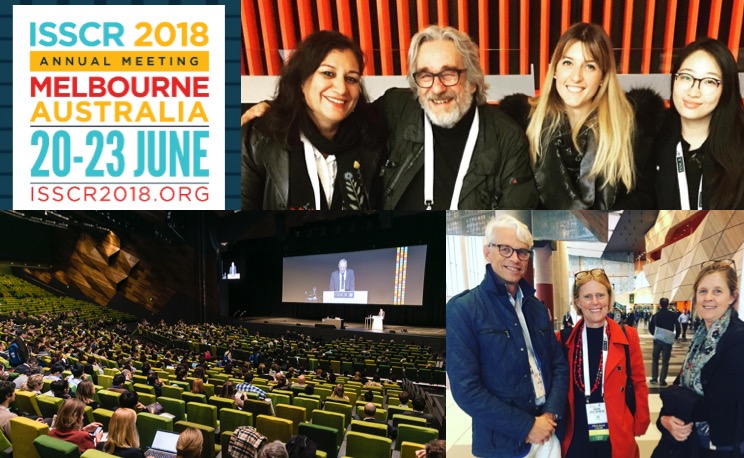
During June 2018, the annual meeting of the International Society for Stem Cell Research (ISSCR) was held over 5 days in Melbourne, Australia. The meeting brought together nearly 3,000 scientists, clinicians, educators and industry professionals from all over the world to share new data and discover global advances within the stem cell field.
The meeting highlighted the enormous progress that has been made in the stem cell field both in the basic research arena, as well as translation into the clinic. While future research is pivotal to further success and increased translation, the meeting emphasised the great progress that has been made to date.

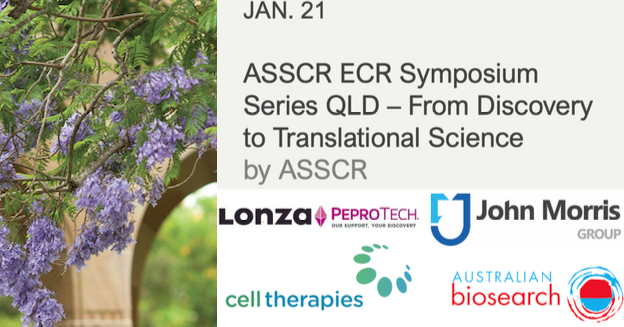

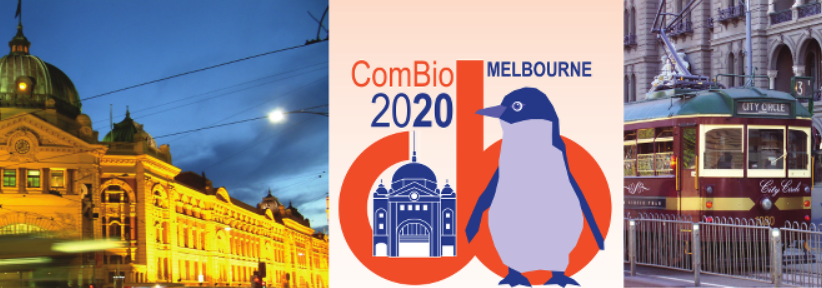


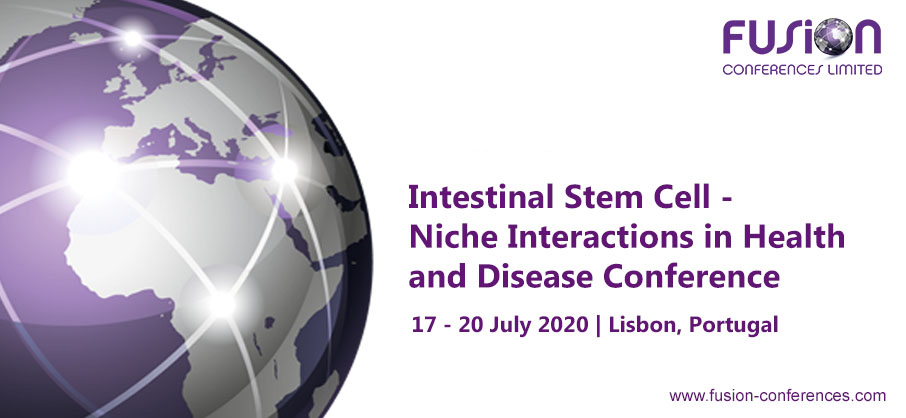
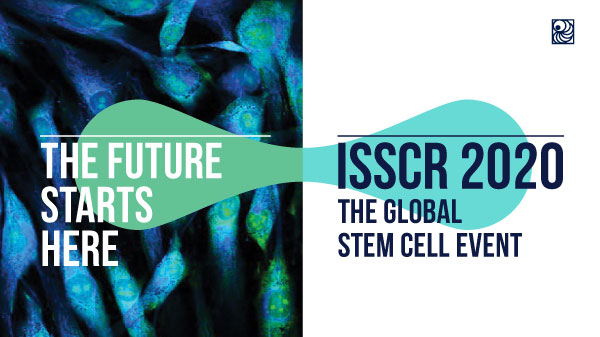
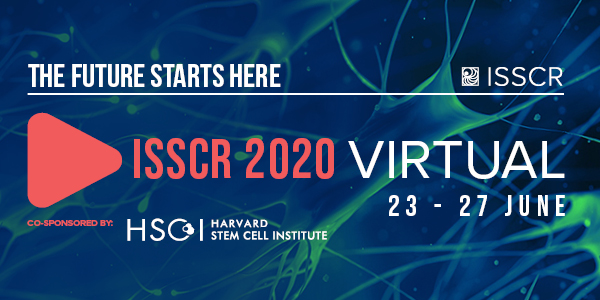
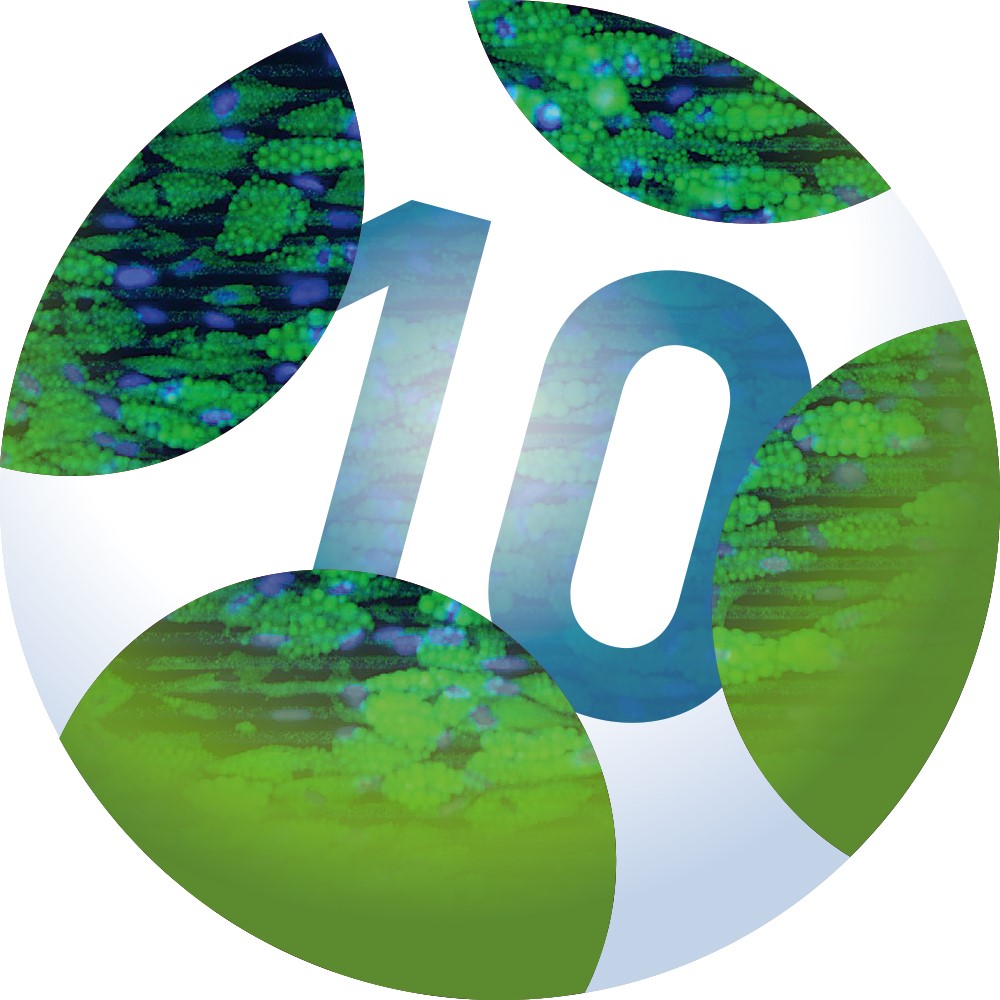
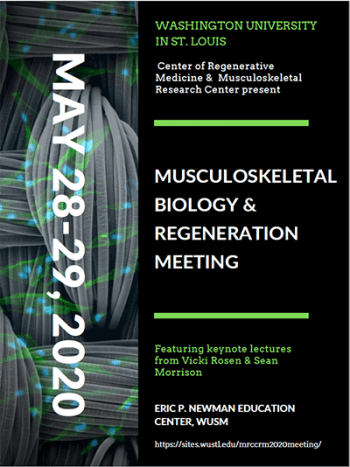
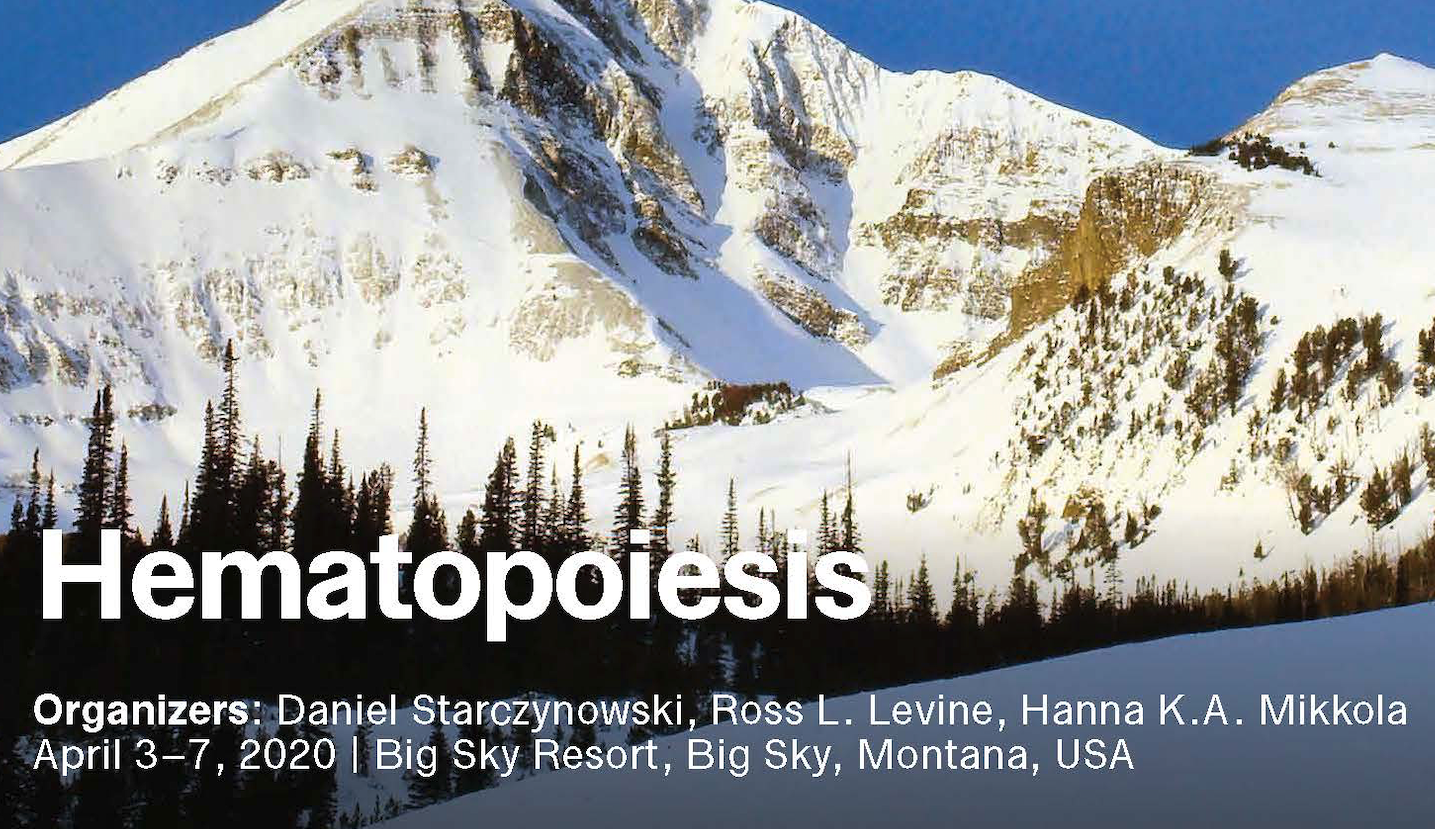
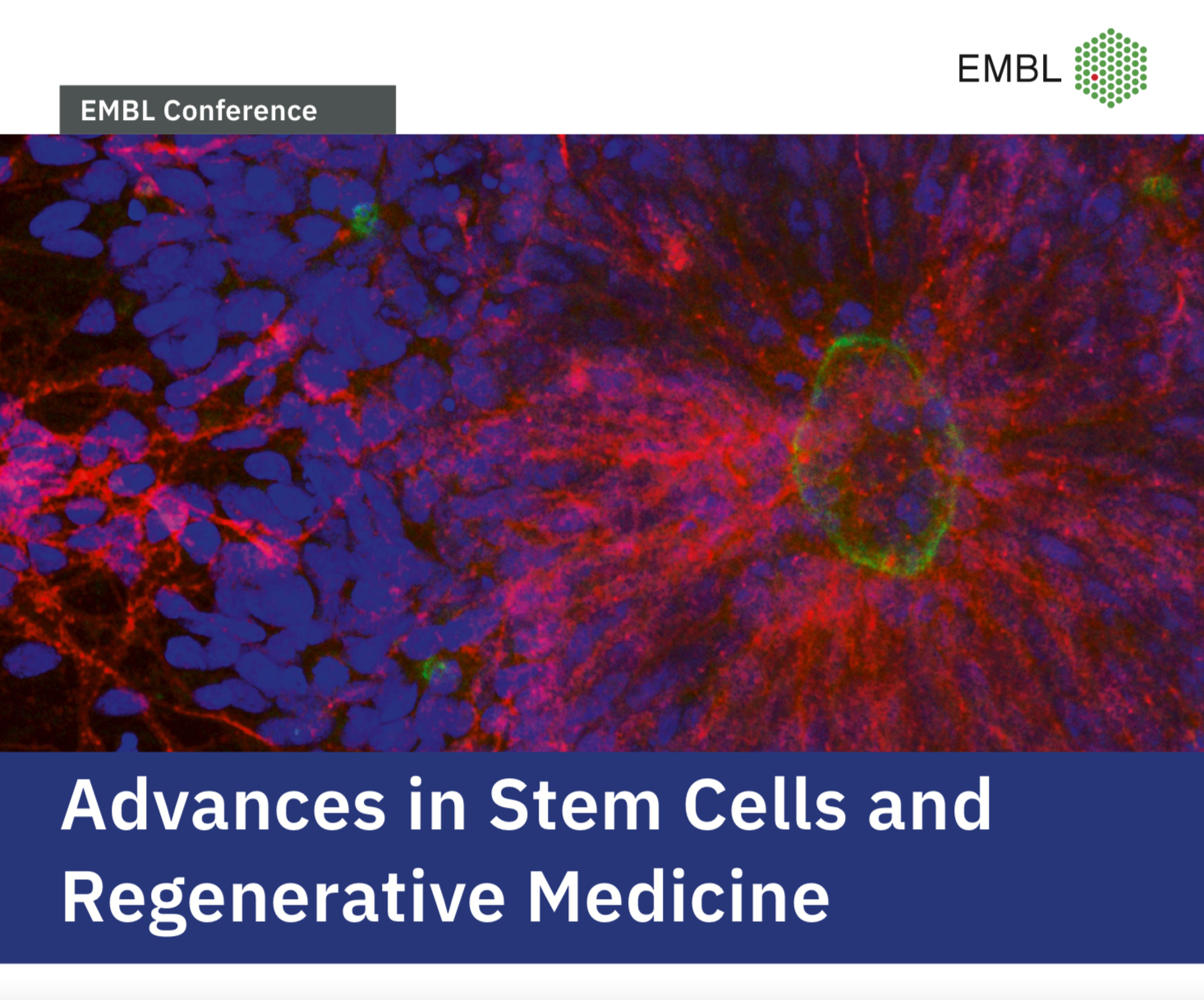

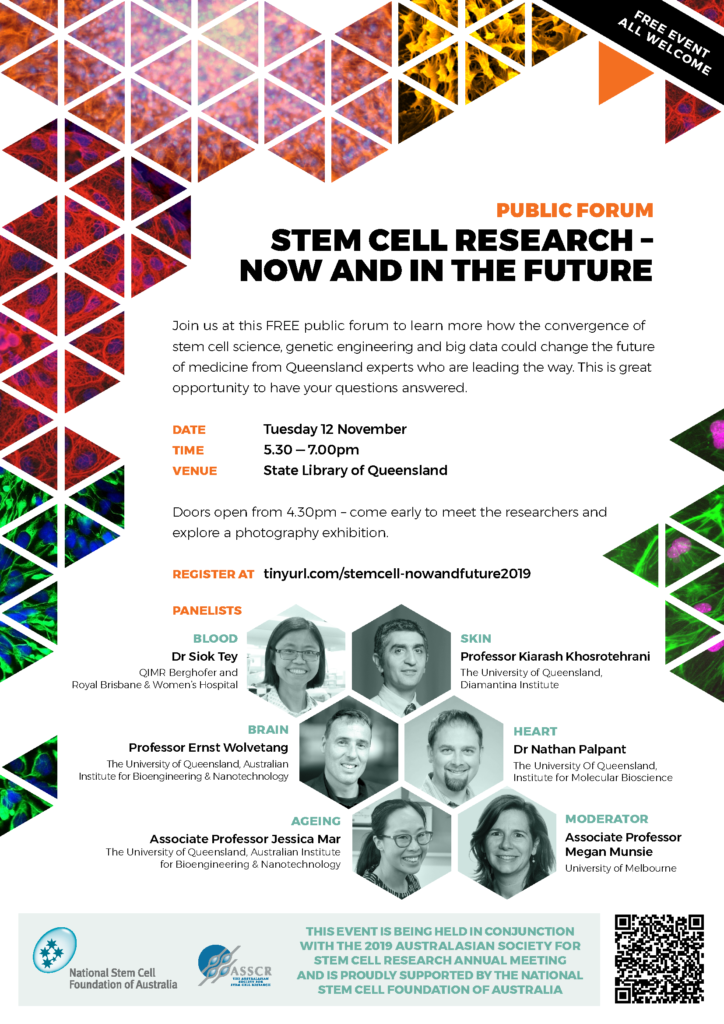
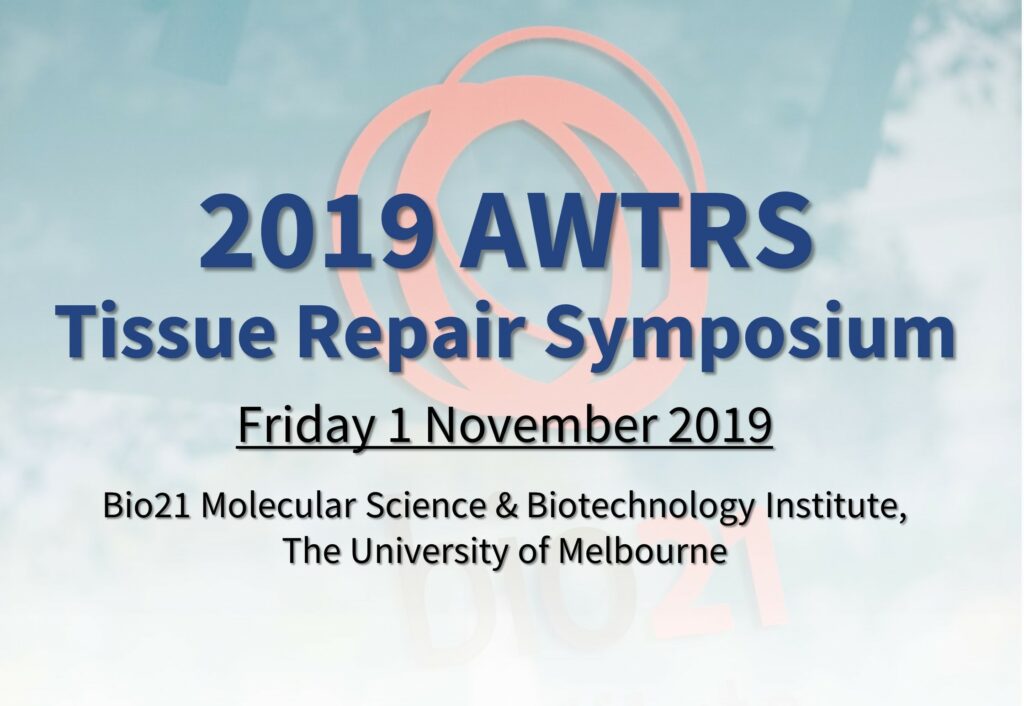
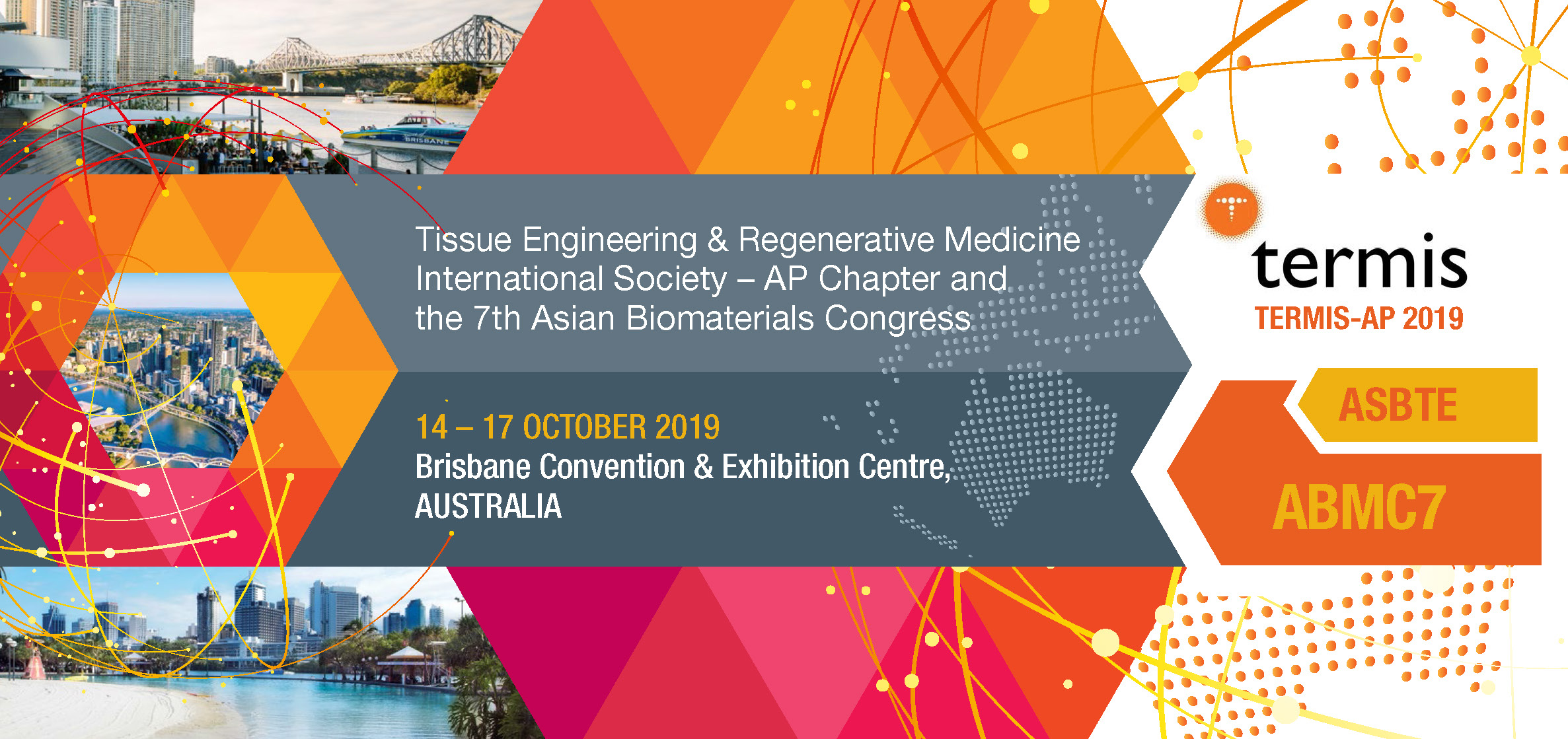

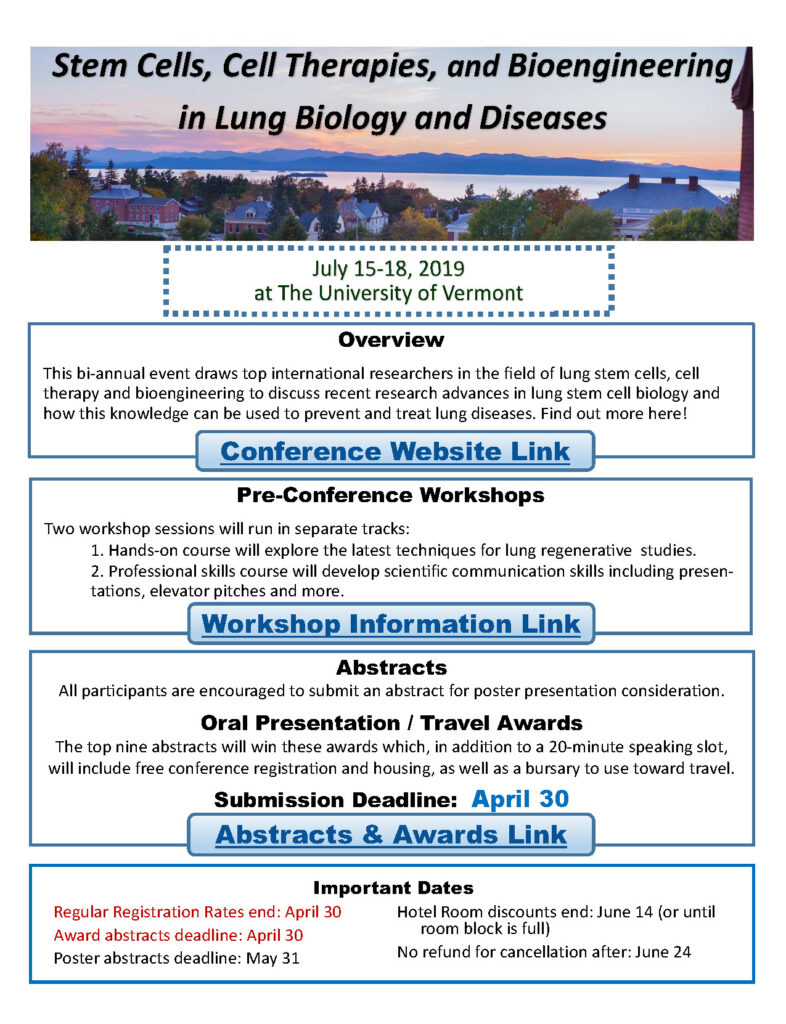
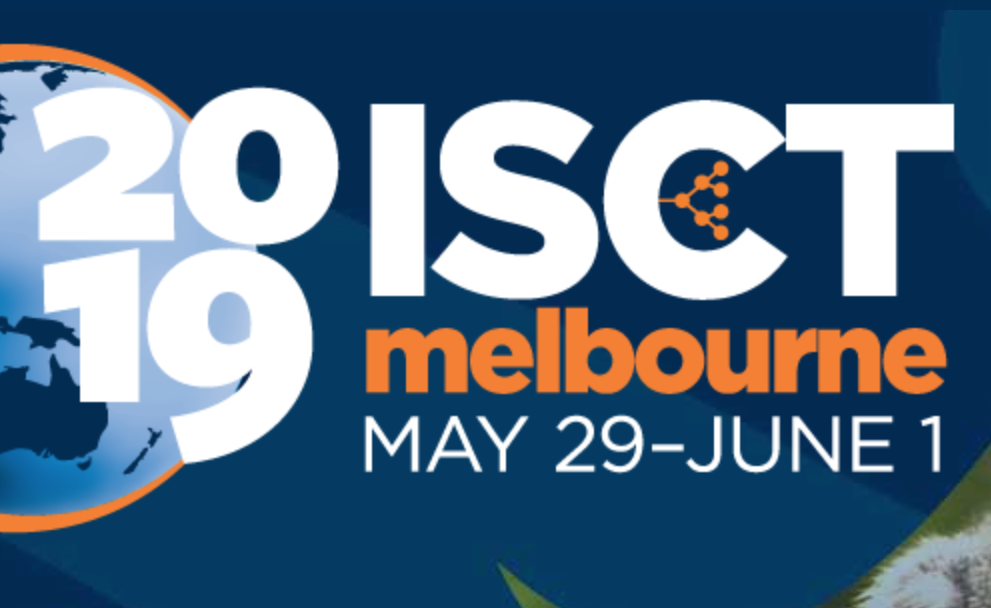

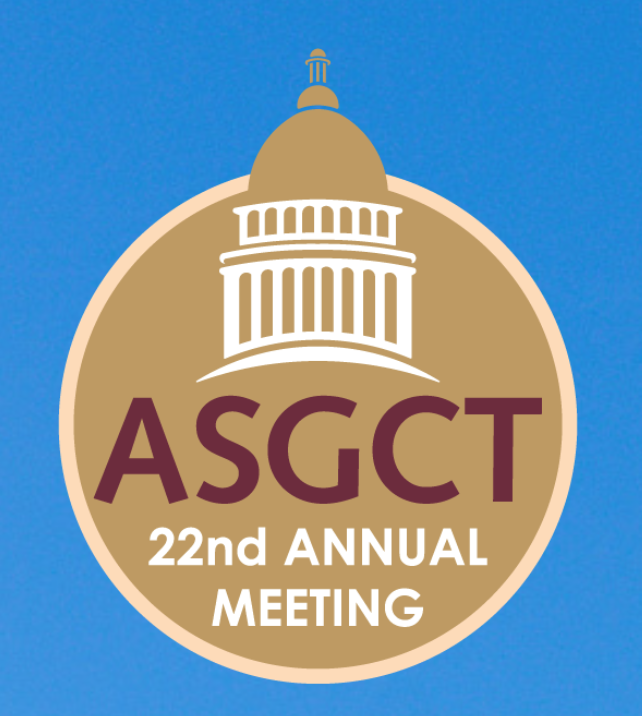

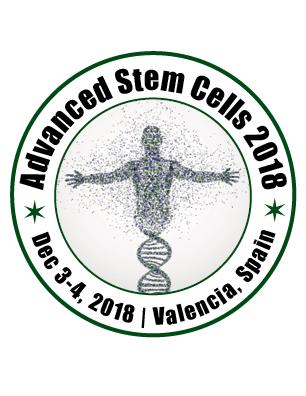



![Cell and Gene Therapy workshop graphics[3] copy](https://asscr.org/wp-content/uploads/2018/09/Cell-and-Gene-Therapy-workshop-graphics3-copy.jpg)
